In political science we distinguish between small, micro-states and territories or regions that are defined as de-facto states. Björn Boman (2025) has put the wealthy states of Monaco, Lichtenstein and San Marino into the micro-states category. On the contrary, Abkhazia, South Ossetia, Donetsk and Luhansk fall under the label of de-facto states with more controlled access as well as under Russian influence using brutal force to control the zone of Russian influence. Due to its size Ukraine as a whole has been able to resist the Russian forces to be degraded to a de-facto state only. The military and technical ingenuity of a well educated workforce allowed the Ukraine leadership to not only counter the Russian invasion, but also to mobilize enormous support from western democracies in form of weapons, financial and humanitarian assistance including millions of refugees over the last 4 years. Size of territory has entered the equation or balance whether to belong to a the micro- or de-facto state category. In the new multipolar international political arena “the sovereign state” has become a more hybrid concept as well. Micro-states have handled the difference between full internal sovereignty and only partial external sovereignty already for years, the new multipolar international arena is being transformed rapidly in this direction. Choose your camp or align with a sufficient number of countries to form an internal and external sovereign area.
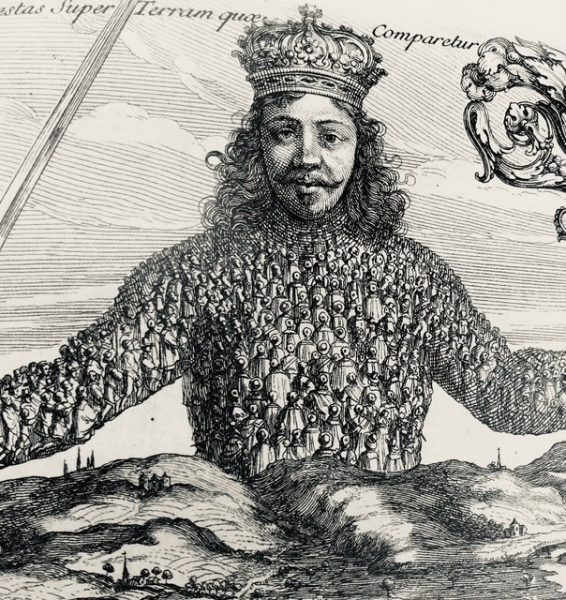





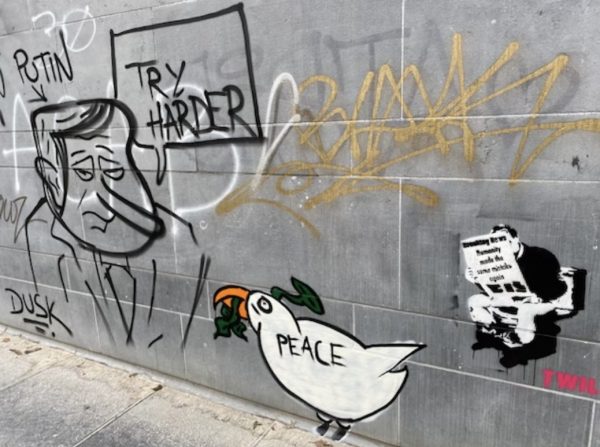
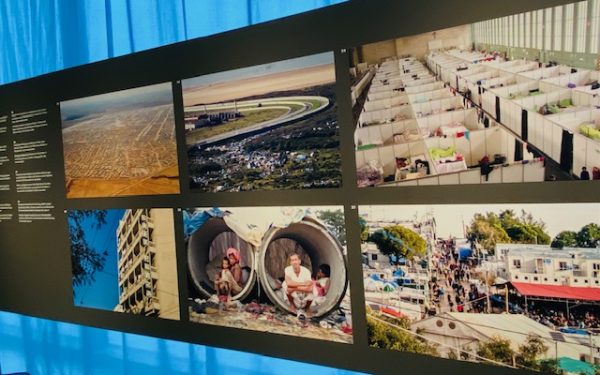
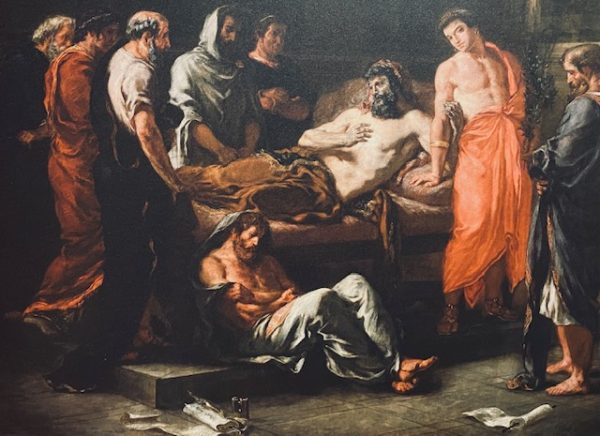




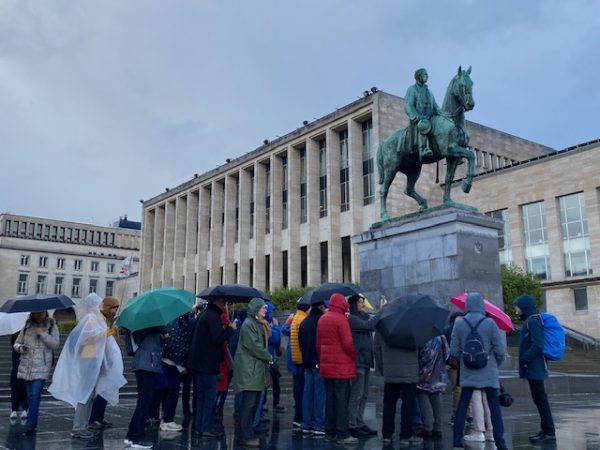
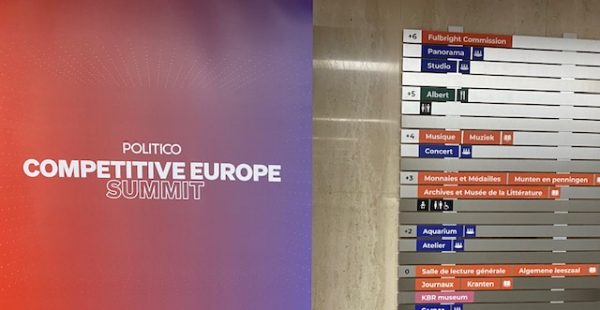















 It is the merit of Marie-Luise Conen and Zdravko Kucinar to let Milian Schömann live on in our time through the reprinting of some of his work, which is embedded in a well-written historical account of the political and family setting at that time. The professional psychological training of Marie-Luise Conen helps to reproduce the anxious atmosphere Milian Schömann has lived through, albeit he remained a productive writer despite the economic hardship and living in exile.
It is the merit of Marie-Luise Conen and Zdravko Kucinar to let Milian Schömann live on in our time through the reprinting of some of his work, which is embedded in a well-written historical account of the political and family setting at that time. The professional psychological training of Marie-Luise Conen helps to reproduce the anxious atmosphere Milian Schömann has lived through, albeit he remained a productive writer despite the economic hardship and living in exile.
